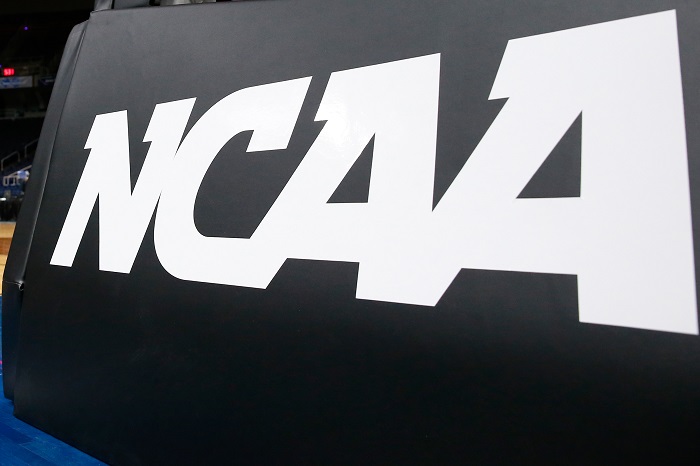What’s going on in the Big 12 and beyond? I expand and explain every Sunday in Postscripts at Heartland College Sports, your home for independent Big 12 coverage.
This week, the NCAA wants to settle. But wait until you hear how.
The Settlement to End All Settlements
This week there was a lot of momentum toward a settlement of the House vs. NCAA case. The NCAA wants to settle the case so it can get it off their ledger. But it’s going to cost them. Or, actually …
So let’s start with this. House is actually a combination of three anti-trust lawsuits against the NCAA — House, Hubbard and Carter. They’re seeking back pay for athlete compensation elements and shared revenue for the future. It’s best to think of it like this — the student-athletes know the NCAA and their member schools built an empire off their backs. Time to pay up.
The NCAA is seeking to combine all three into one settlement. The settlement has been reported by multiple outlets, including Yahoo! Sports’ Ross Dellenger, ESPN’s Pete Thamel and Front Office Sports’ Amanda Christovich.
That settlement, if agreed to, would be for $2.77 billion in past damages, plus the future revenue sharing structure I wrote about last weekend.
But how the NCAA is getting to that figure is going to hurt everyone’s pocketbooks in college sports.
The NCAA is passing on 60% of the payment of the settlement to their member schools. As Thamel and Dellenger reported on Thursday, the NCAA sent their member schools and conferences a memo that detailed a change in revenue distribution models for the next 10 years.
In the settlement, the Power-5 schools will be responsible for playing 40%, the Group of 5 schools 17% and the rest of the Division I schools 2%. The payments will be in the form of withholding of revenue distribution to its 32 Division I conferences in six categories, including NCAA Tournament units, or the money received as revenue based on how their teams do in March Madness.
For some conferences that only get one bid and maybe win a first-round game, that’s a significant amount of money.
As you might expect, some conferences aren’t happy. Thamel reported that one non-Power 5 administrator told him “We don’t have a voice in any of this. We’re just being told what our taxation is.” His report also noted that Group of 5 and other Division I schools aren’t listed as defendants in the case. So, they’re wondering why have to pay at all?
Another source from a non-FBS conference told Thamel that the revenue withheld could remove 25% from its schools’ operating budgets, since conferences pass those revenues on to their member schools.
There are even questions about whether the Pac-12 schools that are leaving for new conferences this summer — including the ‘Corner Four’ coming to the Big 12 — will have to pay twice, since the Pac-12 is a named defendant in the suits.
Finally, Christovich and others reported what seems like the truly unseemly part of this. The NCAA is seeking this settlement while also seeking additional anti-trust protection in an effort to ensure that it becomes harder to sue them.
Christovich detailed that the NCAA and the Power 5 leagues — yes, including your beloved Big 12 — have footed the bill for a $15 million lobbying campaign over the last five years. One source called it “breathtaking.”
Their goal? To halt and reverse the gains that student-athletes have enjoyed the past few years primarily in Name, Image and Likeness in an effort to “protect” amateurism.
The NCAA is, clearly, deathly afraid of losing any remaining relevancy. What’s blowing my mind is the Power 5 leagues are helping it.
But it gets worse. According to other reporting, the PLAINTIFFS in the case would support “lobbying activities regarding antitrust exemption consistent with settlement.” So in exchange for past damages and future revenue you’re going to protect the entity that has repeatedly tried to screw you over?
The whole thing just feels unseemly.
I guess what leaps to mind is why the Power 5 is enabling this? They clearly don’t need the NCAA. The organization is bad at everything except the NCAA Tournament, and that’s the one thing holding it together. The organization’s heel-dragging the past 20 years is the biggest reason they’re now having to pay the piper. And, yes, the Big 12 and the four other remaining Power 5 conferences seem to be clearly aligning themselves with a ship they should just allow to sink.
Man, just burn it to the ground already so we can start over. Giving the NCAA a strengthened anti-trust exemption wouldn’t just set back athlete rights, it would set back all of college athletics.
You can find Matthew Postins on Twitter @PostinsPostcard.



